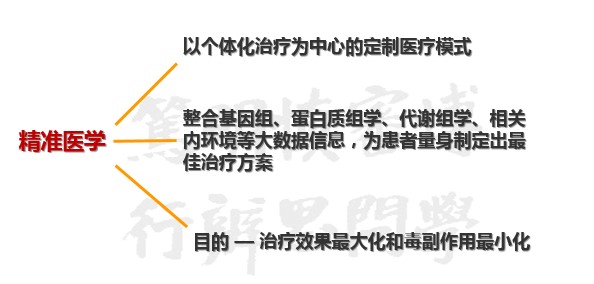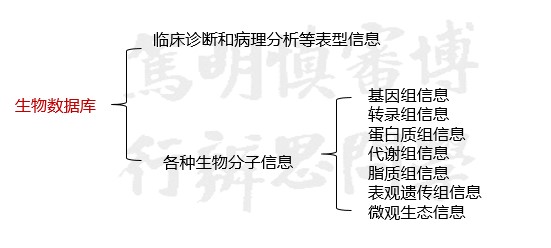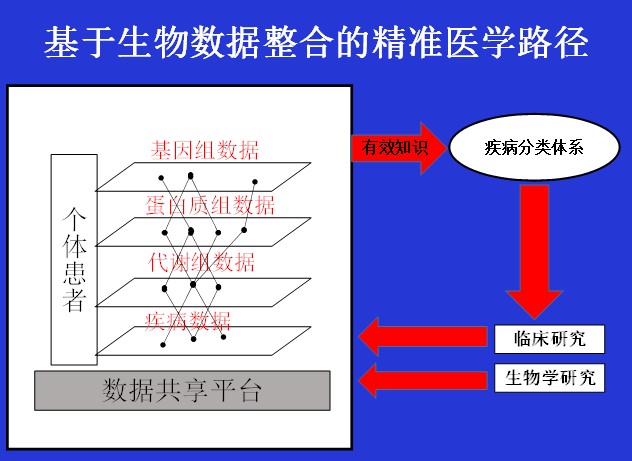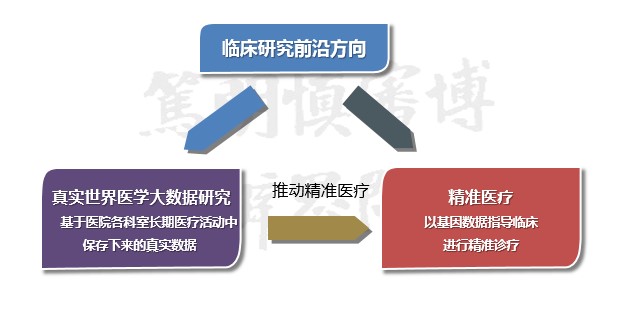With the continuous improvement of human cognition ability, the boundaries of various possibilities are constantly expanding. Precision medical treatment is a typical representative. Of course, research on precision medical treatment has been heating up in recent years.
On May 4th, the Guangzhou Hospital Science and Education Construction Seminar, co-sponsored by HC3i China Digital Medical Network, Guangdong Provincial Hospital Association, the First Affiliated Hospital of Sun Yat-sen University and the Association of UpToDate, was successfully held in Guangzhou, Director of the National Key Discipline Pharmacology Department Tao Liang, deputy dean of the Research Institute of Sun Yat-sen University and the chief executive of the Precision Medicine Center of Sun Yat-Sen University, attended the event and expressed their views on the theme of "Precision Medicine - A Revolution in the Field of Medicine".
Precision medicine represents the future direction of medical development
Tao Liang said that precision medicine actually includes two aspects, one is precise health and the other is precise medical treatment (precise diagnosis and precise treatment). For example, genetic sequencing or P12 technology can be used to detect certain genes in patients. After detection, the target of gene mutation in cancer patients can be found, which is a mutant gene. As a therapeutic target, this technology is now very popular in clinical practice. . For the target of gene mutation, drug treatment is called precision strike. In other words, for patients with genetic mutations, a drug can be used for treatment. For patients with no mutations in the gene, other drug treatments may be used for it. This is precision. In addition, the therapeutic effect should be accurately tracked through a therapeutic monitoring marker, and the treatment plan can be adjusted at any time to achieve the best therapeutic effect.
The characteristics of precision medicine are mainly reflected in the following aspects: 1. Overall view: extracting various information of individuals and conducting comprehensive analysis to form accurate overall judgments on individuals; 2. Integrated research strategy: joint use of multi-omics research Technology, phenotypic analysis techniques and other research techniques, individual multi-omics data integration research and its corresponding data management; 3, individual-centered research model: study the dynamic changes of a single individual in the time process; Going forward: Focus on the health of individuals and the transition from health to disease. The goal of precision medicine is: First, to improve the accuracy of clinical diagnosis and treatment; Second, to achieve accurate prevention, accurate diagnosis and accurate treatment; Third, to avoid waste of medical resources, reduce medical costs.

“In a word, precision medicine represents the direction of medical development from the fight against disease to the maintenance of health. The ultimate goal of precision medicine may be to maintain health, from fighting disease to maintaining health. This is a change, this is precision medicine. A very obvious feature," Tao Liang said.
How to achieve precision medicine?
From focusing on disease development to focusing on individuals, precision medicine focuses on individual differences. It is the starting point of precision medicine to make each individual receive better treatment results through accurate judgment based on data. So how can we achieve precision medicine?
Tao Liang pointed out that there are two necessary conditions for the advancement of precision medicine: 1. Establish an individual-centered biological database that integrates different data layers. 2. Establish a highly connected knowledge network.

What is the matter of building an individual-centric biological database that integrates different data layers? This biological database contains a lot of information: one is traditional phenotypic information such as clinical diagnosis and pathological analysis; the second is various biomolecular information (including genes, transcription, protein, metabolism, epigenetics, micro-ecology, etc.) . The basic condition for conducting precision medicine is to have such a complete, individual-centered information sharing platform that integrates various types of biological data and knowledge. Of course, only this database is not enough. It is necessary to use the current bioinformatics knowledge to establish a high degree of internal connection between these different types of biological data, thus forming a highly correlated knowledge network, which can be found through this knowledge network. Lead to the molecular changes of certain diseases, understand and acquire highly complex influencing factors and pathogenesis that are decisive for personal health, establish a new disease classification system, and finally apply it to the clinic to achieve accurate diagnosis and accurate treatment of diseases. This is the basic path to achieve precision medicine.

What is the Center for Precision Medicine at Sun Yat-Sen University?
As humans continue to understand the disease, the medical model is constantly changing. From the most traditional experience medicine to evidence-based medicine, to today's precision medicine, it has its historical inevitability. So why start precision medicine? First of all, the non-individualized treatment model of empirical medicine and evidence-based medicine can no longer meet the changed market demand. The continuous advancement of policies, capital, talents and technology has brought unlimited benefits to the germination and rapid development of precision medicine. The possibility. Under the background of this macro era, Sun Yat-sen University has also joined the ranks of pioneers in promoting the development of precision medical care in China.

Tao Liang said that the characteristics of precision medicine are that there are many samples to be tested, the technology used is large, the amount of information is large, and the content of detection is large. This requires a platform for precise medicine, and the biological sample library is the foundation for clinical medical research. The first three things that the Center for Precision Medicine of Sun Yat-Sen University did after the establishment were: First, the establishment of a sample library (sample library at the entire school level); Second, the medical big data center to process these data; Third, the precision medical experimental technology platform (support Testing, research).
Tetanus Vaccine,Hepatitis B Vaccine For Adults,Tetanus Booster,Td Vaccine
FOSHAN PHARMA CO., LTD. , https://www.fs-pharma.com